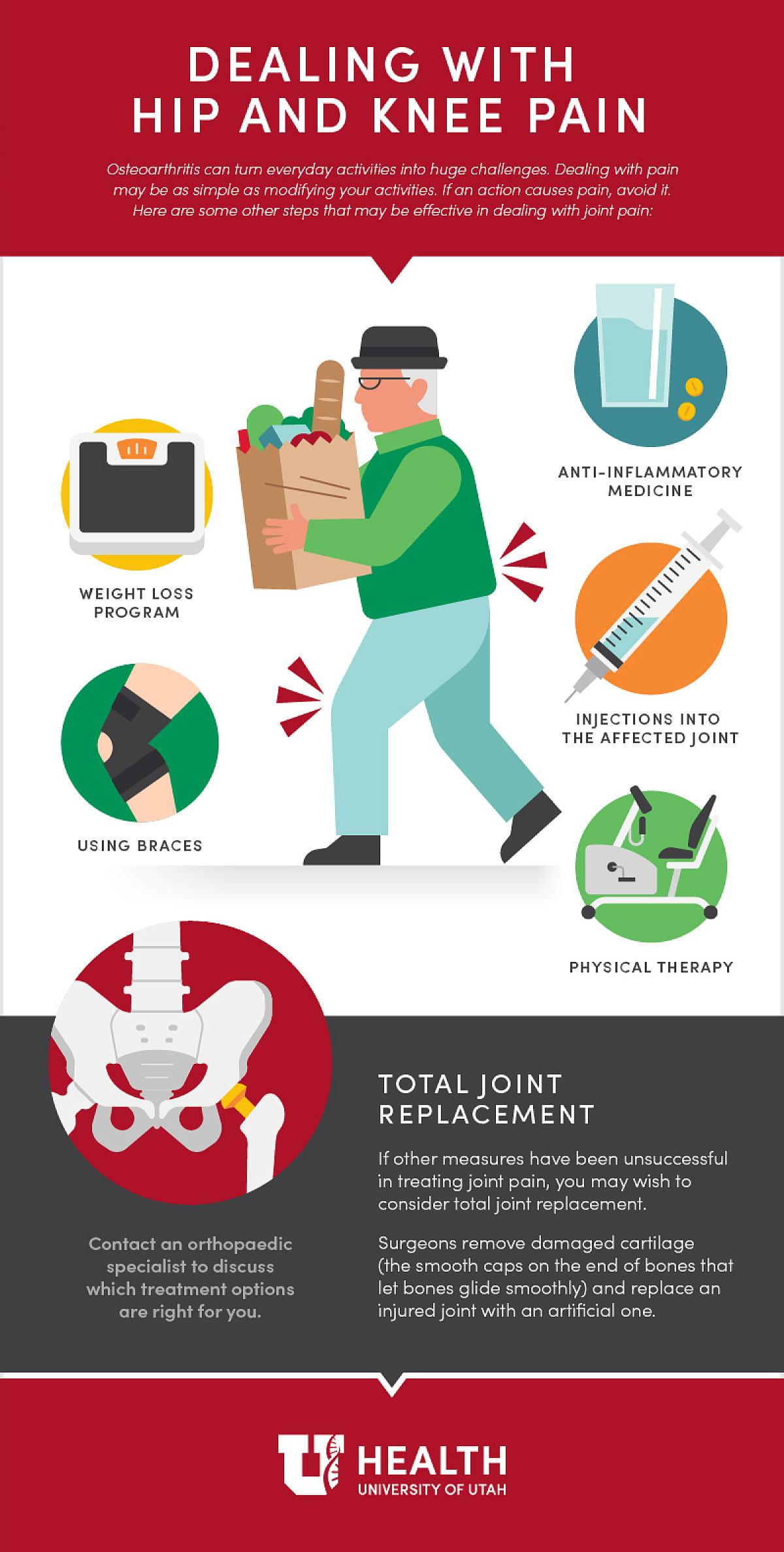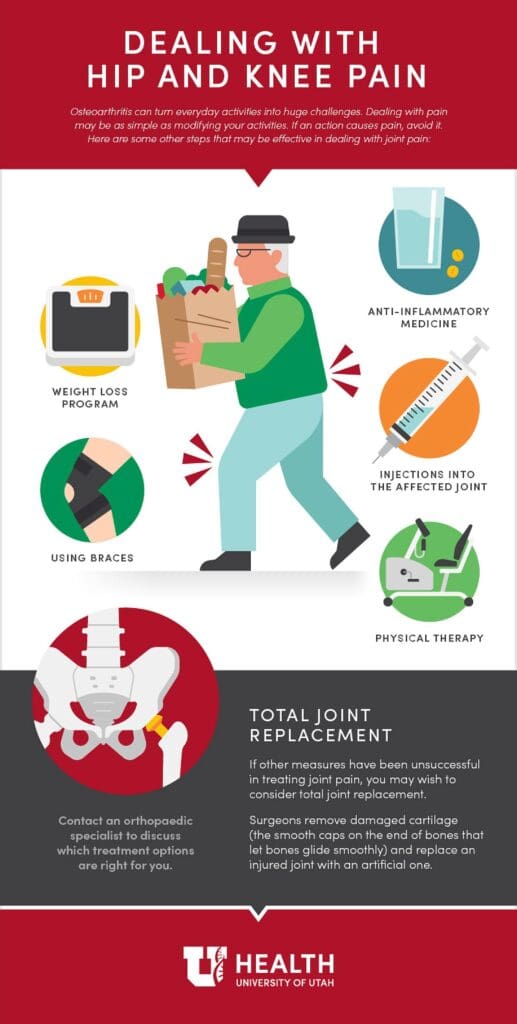Knee & Hip Replacement Medical Necessity – Getting Approval
Medicare coverage Knee &Hip Replacement Requirements
--- #Grievances Medicare”
- Does Medicare cover knee replacement surgery? Fortune.com
- Knee Replacement Surgery: Pros And Cons New York Presbyterian
- Knee Replacement Mayo Clinic
- What is a knee replacement surgery? John Hopkins
- The average hospital charge for a total knee replacement (TKR) in the United States is $49,500 to $57,000
- Clinical Guidelines - What are the Requirements
-
- Kaiser Clinical Review Criteria
- Aetna Knee Arthroplasty Clinical Policy Bulletin
- CMS Clinical Bulletin
- Lower Extremity Major Joint Replacement (Hip and Knee) Medicare Requirements CMS.Gov
- DOCUMENT MEDICAL NECESSITY TO AVOID DENIAL OF CLAIMS
- CMS recognizes that joint replacement surgery is reserved for patients whose symptoms have not responded to other treatments. To avoid denial of claims for major joint replacement surgery, the medical records should contain enough detailed information to support the determination that major joint replacement surgery was reasonable and necessary for the patient. Progress notes should consist of more than just conclusive statements. Therefore, the medical record of the joint replacement surgical patient must specifically document a complete description of the patient’s historical and clinical findings. Both physicians and hospitals are responsible for ensuring a complete and accurate record.
- Total knee replacement surgery will be considered medically necessary when one or more of the following criteria are met:
- Unsuccessful history of appropriate conservative therapy (non-surgical medical management) that is clearly addressed in the pre procedure medical record. Non surgical medical management is usually implemented for 3 months or more to assess effectiveness. Conservative treatment as clinically appropriate for the patient’s current episode of care typically include one or more of the following:
- anti inflammatory medications,
- analgesics,
- flexibility and muscle strengthening exercises,
- supervised physical therapy [Activities of daily living (ADLs) diminished despite completing a plan of care],
- activity restrictions as is reasonable,
- assistive device use,
- weight reduction as appropriate, therapeutic injections into the knee as appropriate.
- Documentation Requirements
- The medical record must contain documentation that fully supports the medical necessity and justification of the procedure performed. cgsmedicare.com/
-
- Joint Replacement Model extended for 3 years
- The most common reason for total knee replacement surgery is arthritis of the knee joint. Types of arthritis include osteoarthritis, rheumatoid arthritis and traumatic arthritis (arthritis which occurs as a result of injury). This arthritis causes a severe limitation in the activities of daily living, including difficulty with walking, squatting, and climbing stairs. Pain is typically most severe with activity and patients often have difficulty getting mobilized when seated for a long time. Other findings include chronic knee inflammation or swelling not relieved by rest, knee stiffness, lack of pain relief after taking non-steroidal anti-inflammatory medications and failure to achieve symptom improvement with other conservative therapies such as steroid injections and physical therapy. Osteonecrosis and malignancy are additional reasons to proceed with total knee replacement surgery. The goal of total knee replacement surgery is to relieve pain and improve or increase patient function.
-
- mass.gov/knee-arthroplasty
A summary of the non-operative, conservative treatment(s) that have been tried and have been unsuccessful in managing the patient’s condition; - See our Main Webpage on Knee & Hip Replacement
- Appeal & Grievances? Medicare – Medi Cal – Covered CA
Cortisone First???
- Corticosteroid Shots For Arthritis May Be Making It Worse, Studies Find
- *Dr. McAlindon. “We now know that these injections bring no long-term benefit, and may, in fact, do more harm than good by accelerating damage to the cartilage.”
- *Repeated corticosteroid injections to the joint may speed cartilage degeneration.
- how can I over-ride the Medicare requirement that I have Cortisone Injections before I can have the surgery?
Treatments to try first – Prior to Surgery
- • A listing, description and outcomes of failed non-surgical treatments, such as:
- – Trial of medications (for example, Nonsteroidal anti-inflammatory drugs (NSAIDs)).
– Weight loss.
– Physical therapy.
– Intra-articular injections.
– Braces, orthotics or assistive devices.
– Physical Therapy and/or home exercise plans.
– Assistive devices (for example, cane, walker, braces (specify type of brace), and orthotics) cms.gov/jointreplacement
- – Trial of medications (for example, Nonsteroidal anti-inflammatory drugs (NSAIDs)).
- CMS recognizes that joint replacement surgery is reserved for patients whose symptoms have not responded to conservative treatments.
- Pre-surgical physical therapy progress notes are important in demonstrating how the patient has progressively worsened over a period of time. Noting that the patient has “failed conservative therapies” in the history and physical is a conclusive statement and should be supported by other specific, objective information in the patient’s medical record. cgsmedicare.com/total_knee_fact_sheet
- One or more of the below conservative treatments have been tried and failed for 3 months or more except in special circumstances where delay of definitive care is not appropriate:
- • Anti-inflammatory medication:
Duration of treatment
• Analgesic
• Home exercise: Duration of treatment
• Physical therapy: Duration of treatment
• Use of cane or walker: Duration of treatment
• Weight loss: Duration of treatment
• Brace: Duration of treatment
• Cortisone shot(s): Duration of treatment
• Visco-supplementation: Duration of treatment
- • Anti-inflammatory medication:
Economic Need for Medicare that not just every request gets approved – Paid For
- Unnecessary health care (overutilization, overuse, or overtreatment) is health care provided with a higher volume or cost than is appropriate.[1] In the United States, where health care costs are the highest as a percentage of GDP, overuse was the predominant factor in its expense, accounting for about a third of its health care spending ($750 billion out of $2.6 trillion) in 2012.[2]
- Factors that drive overuse include
- paying health professionals more to do more (fee-for-service),
- defensive medicine to protect against litigiousness, and
- insulation from price sensitivity in instances where the consumer is not the payer—the patient receives goods and services but insurance pays for them (whether public insurance, private, or both).
- Such factors leave many actors in the system (doctors, patients, pharmaceutical companies, device manufacturers) with inadequate incentive to restrain health care prices or overuse.
- This drives payers, such as national health insurance systems or the U.S. Centers for Medicare and Medicaid Services, to focus on medical necessity as a condition for payment. However, the threshold between necessity and lack thereof can often be subjective.
- Overtreatment, in the strict sense, may refer to unnecessary medical interventions, including treatment of a self-limited condition (overdiagnosis) or to extensive treatment for a condition that requires only limited treatment.
- It is economically linked with overmedicalization. wikipedia.org/Unnecessary_health_care
- medicare.gov/Surgical-Complications-Hip-Knee
- Medicare – Billing & Coding Guidelines
- Appeal & Grievances? Medicare – Medi Cal – Covered CA
Find an Attorney

- Legal Match
- Findlaw.com
- American Bar Association
- Attorney Search Network
- Follow the links on this webpage. Many of them go to articles on Attorney Websites
- Also, see our appeals webpage
- Medi Cal Contact
- State Bar of California.com Attorney Referral Service
#Attorney 's --- Social Security Disability maze
- Sellers Law
- Hill & Ponton
- premier disability.com
- Cantrell & Green
-
- We don't necessarily know these attorney's...
- Editorial: Lawyers are fighting innovative proposals for more affordable legal assistance. That’s wrong LA Times 1.30.2022
Estate Planning
- We don't necessarily know these attorney's...
FAQ’s
- Question What do I have to do to get Medicare to approve an MRI?.
. - Answer Here’s the research, but we can’t really summarize it.
- Magnetic Resonance Imaging CMS
- Aetna Clinical Bulleting MRI
- medicare.gov/coverage/diagnostic-tests
- Medicare Part B (Medical Insurance) covers medically necessary clinical diagnostic laboratory tests, when your doctor or practitioner orders them. These tests are done to help your doctor diagnose or rule out a suspected illness or condition. Medicare also covers some preventive services to help prevent, find, or manage a medical problem.
- Part B covers diagnostic non-laboratory tests when these apply:
- Your doctor or other health care provider orders them.
- They’re ordered as part of treating a medical problem.
- Examples of diagnostic non-laboratory tests include CT scans, MRIs, EKGs, X-rays, and PET scans. These tests are done to help your doctor diagnose or rule out a suspected illness or condition. Medicare also covers some preventive services to help prevent, find, or manage a medical problem.
- Bibliography:
- National Coverage Determination (NCD) for Magnetic Resonance Imaging
- A spinal MRI is used to find various spinal problems, including nerve damage or tumors. It typically costs $1,000-$5,000, Learn More
- Question Does Medicare require prior approval for back surgery?
.
. - Answer Currently, Medicare does not pre-authorize coverage of any item or service that will receive payment under Part A Hospital or B Outpatient, except for custom wheelchairs. hhs.gov
- The following hospital OPD services will require prior authorization when provided on or after July 1, 2020:
- Blepharoplasty
- Botulinum toxin injections
- Panniculectomy
- Rhinoplasty
- Vein ablation
- The following hospital OPD services will require prior authorization when provided on or after July 1, 2021:
- Implanted Spinal Neurostimulators
- Cervical Fusion with Disc Removal
- Download the full list of HCPCS codes requiring prior authorization (PDF)
- Provider Education for Required Prior Authorization (PA) Process for the Cervical Fusion with Disc Removal and Implanted Spinal Neurostimulators in the Hospital Outpatient Department (OPD) Setting
- Medicare Requires Prior Authorization for Spine Procedures prior authorization for cervical spinal fusion (CPT® codes 22551 and 22552) and implanted spinal neurostimulator procedures (CPT code 63650) when performed in the hospital outpatient department. Visit the website for more details
- Question What about Cosmetic Surgery? Liposuction?
.
.
Answer This is something you will have to have your doctors office review with the insurance companies.- Is Liposuction Covered by Health Insurance?
- Usually liposuction is not covered by health insurance. Because liposuction is a cosmetic surgical procedure it is not covered by medical insurance unless it has some therapeutic benefit. Female breast reduction surgery is often covered by insurance because surgical breast reduction often relieves chronic pain of the back and shoulders. When female breast reduction is accomplished by tumescent liposuction, insurance may reimburse the patient a portion of the liposuction surgical fees. Similarly, sometimes health insurance will cover liposuction for the treatment of subcutaneous lipomas (small fatty tumors just beneath the skin). Liposuction.com
- Liposuction may also be used to treat certain medical conditions, including:
- Benign fatty tumors (lipomas).
- Abnormal enlargement of the male breasts (gynecomastia or pseudogynecomastia).
- Problems with metabolism of fat in the body (lipodystrophy).
- Excessive sweating in the armpit area (axillary hyperhidrosis).
- Liposuction is not used to treat obesity. It will not get rid of cellulite or stretch marks. A Health Me.com
- Here’s clinical bulletins on when these Insurance Companies might consider liposuction, medically necessary:
- Oscar – Bariatric Surgery
- Aetna – Obesity Surgery
- Aetna Cosmetic Surgery
- Aetna Abdominoplasty, Suction Lipectomy
- More clinical bulletins from Aetna
- Here’s clinical bulletins on when these Insurance Companies might consider liposuction, medically necessary:
- Is Liposuction Covered by Health Insurance?
- Appeal & Grievances? Medicare – Medi Cal – Covered CA

